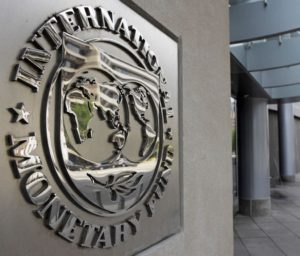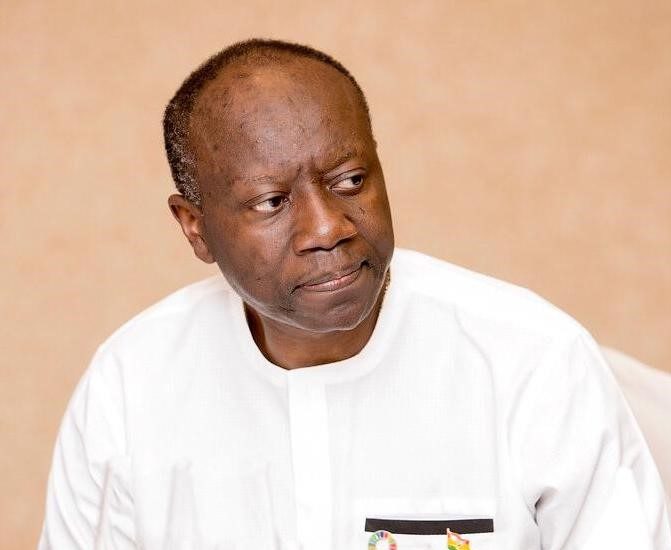The International Monetary Fund (IMF) has assured that Ghana’s request for the disbursement under its Rapid Credit Facility is being fast tracked, to help fight the novel Coronavirus.
Yesterday, the IMF’s African Department Director, Abebe Aemro Selassie in a statement said, “Last week, the IMF received Ghana’s request for a disbursement under the Rapid Credit Facility to help the country address the economic impact of the COVID-19 pandemic. We are working hard to evaluate the authorities’ request and bring it forward for Executive Board consideration as soon as possible.”
The Minister for Finance, Ken Ofori-Atta in Parliament last-week said, government will rely on a mix of funds from the World Bank, IMF and withdrawals from the Stabilization Fund to finance the budgetary gap expected to be created by the fiscal impact of the Coronavirus pandemic on the Ghanaian economy.
He further noted that government intends to access part of the US$10 billion facility at zero interest made available by the Fund, as well as tapping into the World Bank’s US$ 12 billion fast tracked COVID-19 facility to help close the financing gap.
Aside these options, the government plans to seek assistance from other multilateral and bilateral partners to close the financing gap for 2020 fiscal year.
In view of this, government is expected to return to Parliament for the legal backing required to access the required funding to bridge the expected financing gap.

Earlier this month, the IMF announced that it has made available about US$50 billion through its rapid-disbursing emergency financing facilities for low-income and emerging market countries that could potentially seek support. Of this, US$10 billion is available at zero interest for the poorest members through the Rapid Credit Facility.
As at March 24, 2020, Ghana had recorded 53 cases of COVID-19 with two deaths, and this numbers are expected to rise in the coming days. Schools have shut down, with public gatherings suspended for four weeks, whereas some public services have also been halted.
By Joshua W. Amlanu











